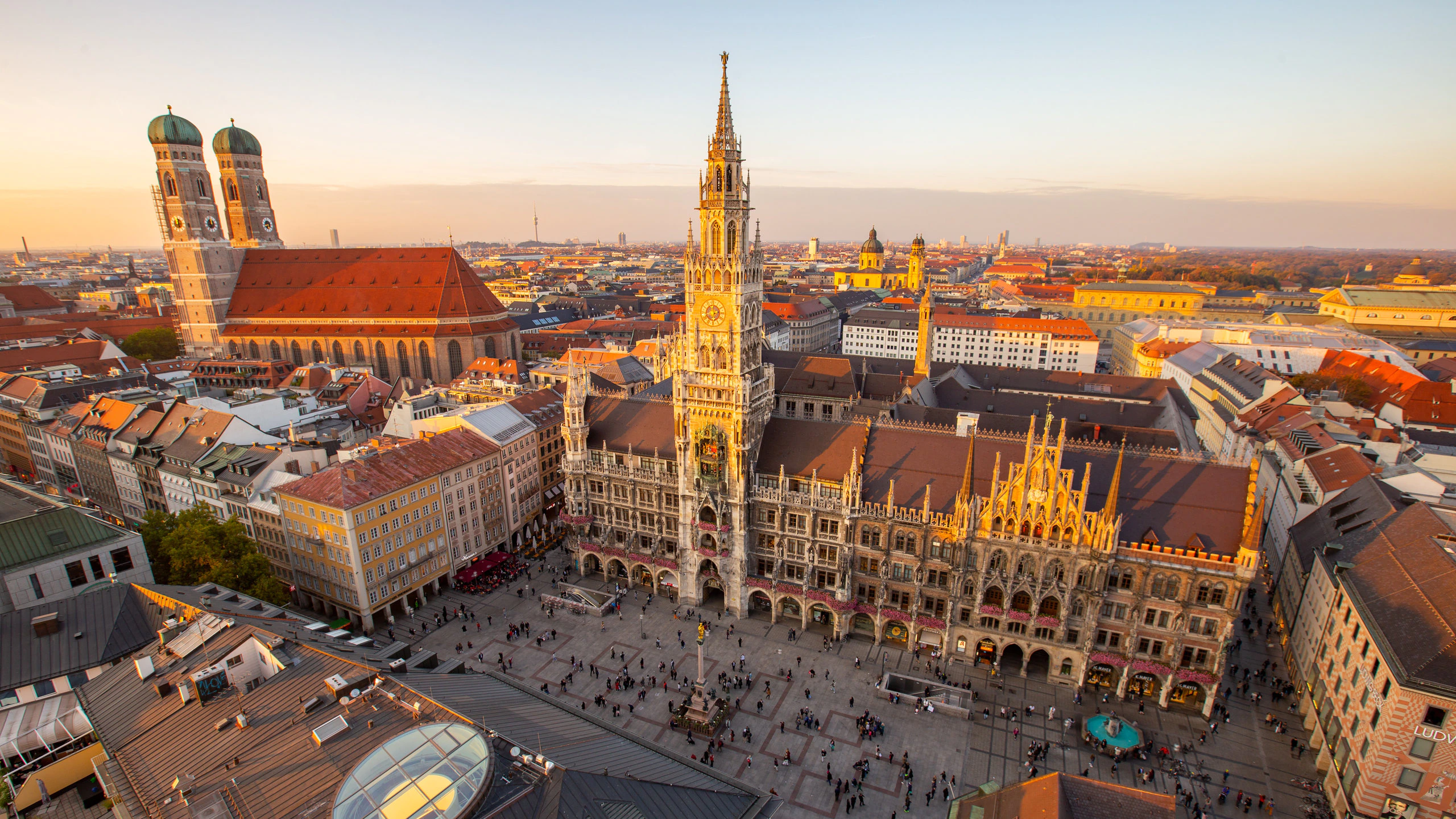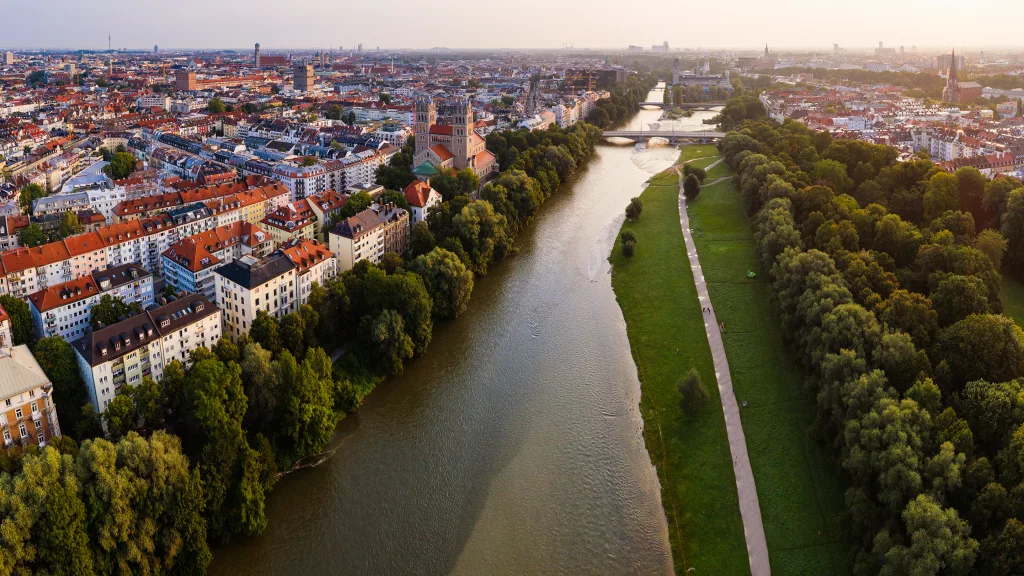Munich: A City of Culture, History, and Festivals

Munich, the capital of Bavaria, is one of Germany’s most iconic cities, blending rich history, modern sophistication, and a vibrant cultural scene. Known globally for its Oktoberfest and impressive museums, Munich offers an array of experiences for visitors and residents alike. This article explores the essence of Munich, from its celebrated traditions to its modern attractions.
Historical Significance of Munich
Munich’s roots trace back to the 12th century when it was founded by monks, from which it derives its name (Munichen, meaning “by the monks”). The city became an essential centre for trade and governance under the rule of the Wittelsbach dynasty. Its strategic location in southern Germany made it a crossroads of European commerce and culture.
Throughout its history, Munich has faced significant challenges, including wars and political upheavals. Despite these adversities, the city preserved its heritage, rebuilding many iconic structures destroyed during World War II. Today, Munich’s historical districts and landmarks narrate a story of resilience and cultural pride.
Architectural Landmarks
Munich boasts a wealth of architectural wonders, from the Gothic-style Frauenkirche Cathedral to the Baroque splendour of the Nymphenburg Palace. The Frauenkirche, with its distinctive twin towers, stands as a symbol of the city and offers breathtaking views of the Bavarian Alps on clear days.
The Marienplatz square is a focal point of the city, featuring the New Town Hall with its famous Glockenspiel. This mechanical clock delights visitors with performances that depict historical events from Munich’s past. Nearby, the historic Viktualienmarkt is a bustling open-air market offering traditional Bavarian delicacies and souvenirs.
Cultural Experiences in Munich
Cultural aficionados will find Munich a paradise of museums, galleries, and theatres. The city is home to the Alte Pinakothek, one of the world’s oldest art galleries, housing masterpieces from the European Renaissance. The nearby Neue Pinakothek focuses on 19th-century art, while the Pinakothek der Moderne celebrates contemporary works across various mediums.
For music lovers, Munich’s National Theatre and the Bavarian State Opera offer world-class performances, showcasing the city’s dedication to the performing arts. Beyond the cultural institutions, Munich’s streets are alive with buskers, local festivals, and spontaneous art performances that highlight the city’s creative spirit.
Festivals and Traditions
Munich’s cultural calendar is packed with events, but none is as famous as Oktoberfest. Held annually since 1810, this festival attracts millions worldwide to experience Bavarian beer, music, and cuisine. Visitors can explore massive beer tents, enjoy traditional folk music, and savour dishes like pretzels and weisswurst.
Beyond Oktoberfest, the Christkindlmarkt (Christmas market) transforms the city into a winter wonderland. Set against the backdrop of Marienplatz, the market features handcrafted gifts, festive treats, and twinkling lights. Other notable events include the Starkbierfest, celebrating strong beer, and the Tollwood Festival, known for its eclectic mix of art, music, and international cuisine.

Modern Munich: A Thriving Metropolis
While steeped in history, Munich is also a beacon of innovation and modernity. The city has established itself as a hub for technology and industry, with companies like BMW and Siemens headquartered here. Its thriving economy attracts professionals from around the world, contributing to a diverse and cosmopolitan population.
Munich’s infrastructure reflects its modern aspirations. The city boasts an efficient public transport system, including a well-connected underground network, trams, and buses. Its commitment to sustainability is evident in initiatives such as bike-friendly streets, renewable energy projects, and extensive green spaces.
Green Spaces and Recreation
Munich offers ample opportunities for relaxation and recreation. The English Garden, one of the largest urban parks in the world, is a favourite among locals and tourists alike. It features sprawling meadows, serene lakes, and the Eisbach river wave, where surfers gather year-round.
For sports enthusiasts, the Olympiapark, built for the 1972 Olympics, remains a centre for events and outdoor activities. Visitors can enjoy panoramic views from the Olympic Tower, attend concerts in the park, or take part in guided tours of the iconic stadium. Additionally, the Isar River provides a natural retreat within the city, ideal for cycling, picnicking, and leisurely walks.
Whether exploring its storied past or enjoying its vibrant present, Munich is a city that captivates every visitor with its charm and diversity. From historical landmarks to modern amenities, Munich stands as a testament to Germany’s rich heritage and forward-looking spirit.
